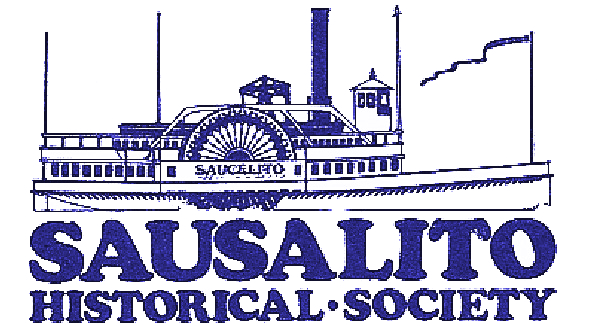By Larry Clinton, Sausalito Historical Society
PHOTO FROM WIKIPEDIA
Dino Valenti album cover
Singer-songwriter Dino Valenti, though little known today, was an early mover and shaker in Sausalito’s houseboat community.
Born on the East Coast in 1937, Valenti (real name: Chester William Powers, Jr.) began performing in Greenwich Village and North Beach coffeehouses, occasionally with Karen Dalton, Bob Dylan, Lou Gossett, Josh White, Len Chandler, Paul Stookey, David Crosby and others. In the early sixties, he discovered Sausalito’s waterfront scene.
Joe Tate, musician and waterfront pioneer, recalls that he and Valenti were among the first anchor-outs, along with another houseboat legend, Bob Kalloch.
According to a Rolling Stone profile, at 17 young Powers changed his name and started performing. “He’d just cut loose from his parents’ chosen rat race, the runways and tents of the carnival circuit, and he told people that he was a composer, a guitar-picker, a folk singer.”
The Rolling Stone piece continues: “At the Human Be-in at Golden Gate Park in early 1967, he pranced around the polo field like the minstrel clown he’d been raised to be, singing, joking, blowing his flute and a few hundred minds.
“And even more than that, he likes to drift around San Francisco, Mill Valley, and Sausalito (where he keeps a newly-bought houseboat) with his two Great Danes, his buddies from the Quicksilver Messenger Service, and/or any of a vast stable of chicks.”
Valenti became a regular at the Ark, a coffee house aboard the beached ferryboat Charles Van Damme at Gate 6. In her novel “One Sausalito Summer,” Colleen Rae writes: “Local musicians the likes of Dino Valenti, David Crosby, and John Cipollina dropped by to sing for free and often would jam all night.” One of her main characters, a singer-songwriter named Jesse, is – à la Valenti -- the child of circus performers.
In 1967 Shel Silverstein and his photographer colleague Larry Moyer came out to San Francisco on assignment for Playboy Magazine and headed directly to the Haight-Ashbury. Legend has it that Valenti was one of the folks who steered them to the Sausalito houseboats, where they decided to drop anchor. Moyer, who lived on the docks until he died at 92, told the Historical Society’s Steefenie Wicks that they went to the Becky Thatcher ark (now up on pilings, and Joe Tate’s home) “where he was handed a big joint. As he turned to look out the window, he could see naked people dancing to rock and roll music; he said he sat down took a hit, decided that this is where he wanted to spend the rest of his life, and he did.” The converted WWII balloon barge that Silverstein and then Moyer lived on, is moored on Liberty Dock in Waldo Point Harbor.
Other regulars at the Ark included Joe Tate, leader of the Redlegs, and Bob Kalloch, who sometimes served as bouncer. Kalloch became a key figure in the political struggles that led to the houseboat wars of the mid-70s, while Tate was a front-line combatant, as depicted in the docudrama Last Free Ride.
Valenti and Cipollina formed the Quicksilver Messenger Service, which was a major influence in psychedelic rock. Valenti wrote and sang their two best-known songs, "Fresh Air" and "What About Me?" The blogspot rockprosopography101 states that in April 1968 Quicksilver joined Ace of Cups, Gail Garnett and Gentle Reign, plus many other local groups for a benefit on the pier where the Ark was berthed. Cipollina eventually left the band, but Valenti continued to tour with various iterations through 1979. His career was interrupted when he was busted for drug possession and served a stretch at Folsom State Prison. According to Wikipedia, “To raise money for his defense, he sold the publishing rights for ‘Get Together’ to Frank Werber, the manager of The Kingston Trio.” Werber also owned the Trident at the time.
Powers/Valenti underwent surgery for a cerebral arteriovenous malformation (CAVM) in the late 1980s. In spite of suffering from short-term memory loss and the effects of anti-convulsive medications, he continued to write songs and play with fellow Marin County musicians.
His last major performance was a benefit at San Francisco's Great American Music Hall. He died suddenly at his home in Santa Rosa, in November 1994.

